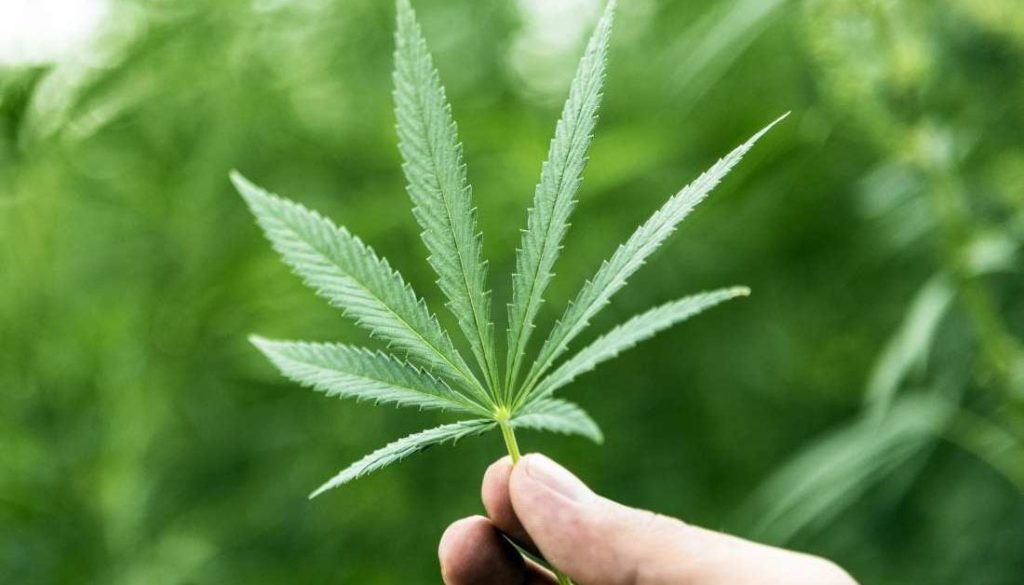Marijuana has become a popular alternative treatment for various conditions, including inflammation and neuropathic pain. However, many people may experience cannabis withdrawal symptoms when they stop using it. Individuals with severe cannabis use disorder may experience significant impairment in their daily life and may require specialized treatment to overcome the unpleasant withdrawal symptoms. This article will explore the nature of cannabis withdrawal symptoms, the common symptoms of withdrawal, and how to manage and treat them. We will also discuss the possibility of developing psychosis from long-term marijuana use, as well as cannabinoid hyperemesis syndrome (CHS), which is a rare but serious condition associated with marijuana use. Finally, we will look at how to heal and reset the cannabinoid system, and why it’s essential to seek professional help from Elios Clinics.
Definition of marijuana withdrawal symptoms
Marijuana withdrawal symptoms are commonly referred to as cannabis withdrawal syndrome, which is recognized as a clinically significant condition that can occur after the abrupt cessation or reduction of cannabis use. Cannabis withdrawal symptoms are the physical and psychological symptoms experienced by individuals who have developed a cannabis use disorder and are trying to quit using the drug. Symptoms can vary from person to person, but they usually include physical and psychological withdrawal symptoms.
What are the common symptoms of marijuana withdrawal?
Physical symptoms include headaches, nausea, vomiting, and sweating. Psychological symptoms include anxiety, irritability, depression, and insomnia, sleep disturbances, and decreased appetite. Most symptoms can start within a few hours to a few days after the last use and can last for up to two weeks.
Can withdrawal from long-term marijuana use cause psychosis?
Yes, long-term marijuana use or marijuana addiction can increase the risk of developing psychotic symptoms or psychosis, a severe mental disorder. Psychosis is a condition where a person’s thoughts and emotions are disturbed, leading to a loss of contact with reality. Symptoms of psychosis include hallucinations, delusions, mental disorders, and disorganized thinking.
How to manage and treat cannabis withdrawal symptoms
To manage physical symptoms, staying hydrated, getting enough rest, and taking over-the-counter medications such as ibuprofen can help. To cope with psychological symptoms, practicing mindfulness and relaxation techniques, and seeking therapy can also be effective. Medications may also be used to treat withdrawal symptoms, including those available at Elios Clinics.
What is cannabinoid hyperemesis syndrome (CHS)?
CHS is a rare but serious condition that is associated with a prolonged period of cannabis abuse and may be more prevalent in individuals who use high-potency cannabis products. Symptoms include severe nausea, vomiting, and abdominal pain. Taking hot showers may help alleviate symptoms, but the only effective treatment is stopping marijuana use. However, it is important for individuals who regularly use cannabis and experience the above-mentioned physical symptoms to seek medical attention and consider the treatment options
How to heal and reset the cannabinoid system
The cannabinoid system is affected by marijuana use, and it can take some time to heal and reset. Tips for resetting the cannabinoid system include taking a break from marijuana use, i.e marijuana detox, and eating a healthy diet. Seeking professional help from Elios Clinics is also recommended.
Conclusion
It’s essential to be aware of the potential for Cannabis withdrawal symptoms, including the possibility of developing psychosis and CHS. Seeking professional help from Elios Clinics can help manage and treat withdrawal symptoms and ensure the health and safety of individuals who use marijuana. Contact Elios Clinics for more information, including the cannabis price in the UK and how to schedule an appointment.
About author
Jack Sisson
Skip to
hide
